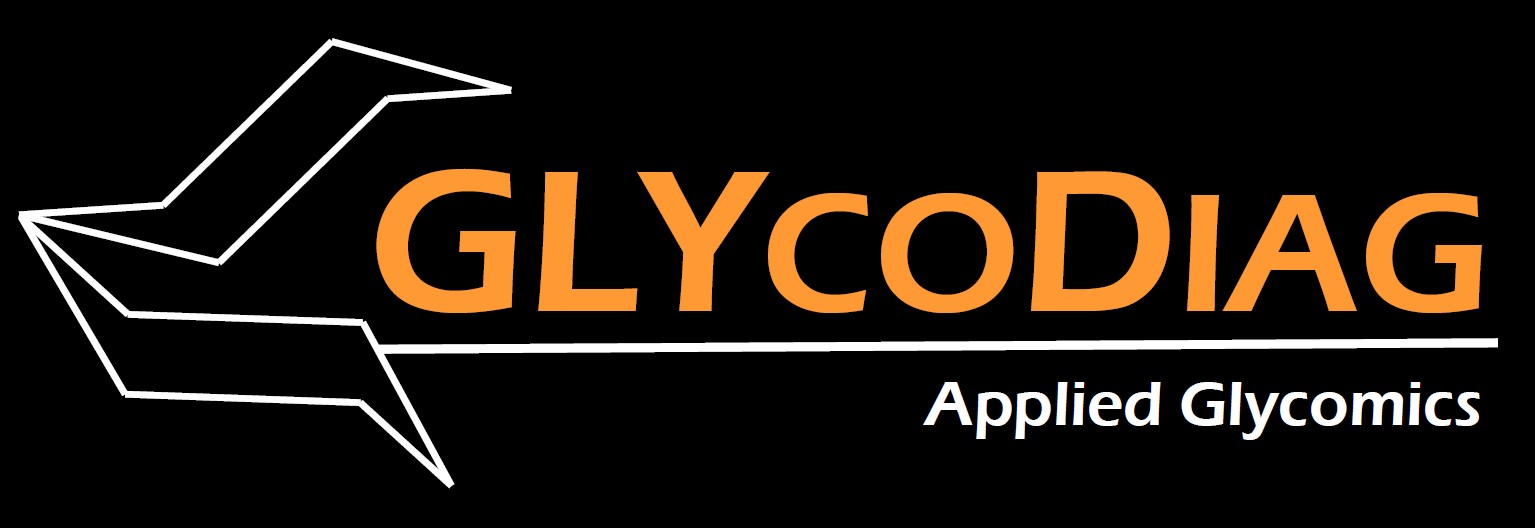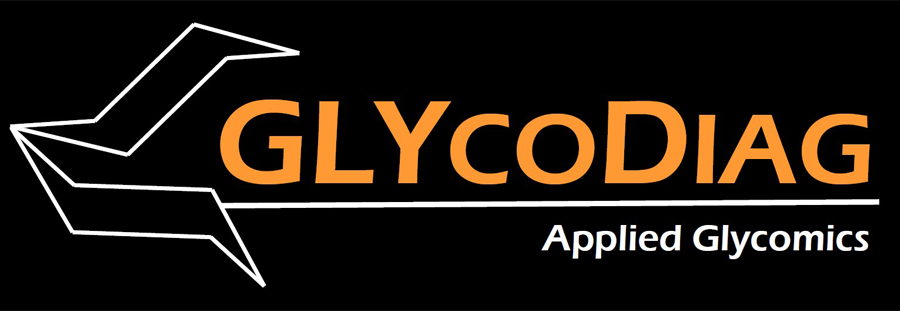As you know GLYcoDiag provides it’s micro-challenge test services from more than 10 years. Compared to the standard method, the GLYcoDiag’s micro-challenge test is a high throughput, cost effective and the method of choice for research projects aiming at the discovery of new preservatives or the control steps of anti-microbial efficacy where the regulatory method is not absolutely required.
Now, we propose two additional upgraded models of our micro-challenge test method.
(1) Re-challenge testing. Repeated inoculation with specific test micro-organisms can show the number of contamination challenges a product can withstand before the preservative system fails for the micro-organism studied. The rechallenge testing consists of consecutive inoculation of a product (t=0h, 24h, 48h and 72h) and sampling after 24h, 48h, 72h, 7, 14, 21 and 28 days to determine preservative antimicrobial activity.
(2) Mixed. In this study, the goal is to compare the efficiency of a preservative with a mixture of microbial strains (i.e. Staphylococcus aureus ATCC 6538, Pseudomonas aeruginosa ATCC 9027, Escherichia coli ATCC 8739, Candida albicans ATCC 10231 and Aspergillus brasiliensis ATCC 16404) and not only in a mono-culture. The mixed testing consists of a single inoculation of the product to be analysed (t=0h) with a mixture of microorganisms (fungi and bacteria) followed by sampling after 24h, 48h, 72h, 7, 14, 21 and 28 days to determine preservative antimicrobial activity, regarding fungi and/or bacteria, in a more complex environment model.
In addition, we have more than 40 different laboratory strains in our microbiological bank as well as more than 10 wild-type strains (from human skin) that you can choose and use for the research of microbiological properties of your product. This strains were all adapted and validated in our micro-challenge test methods.

